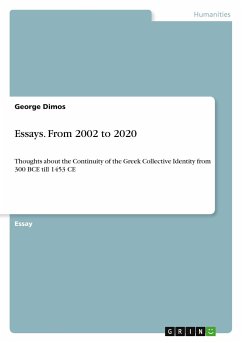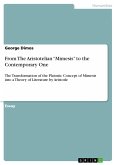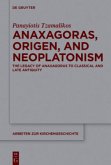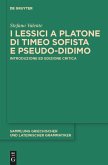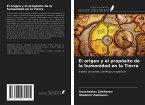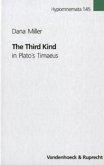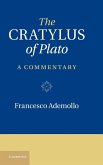Essay from the year 2020 in the subject Philosophy - Philosophy of the Ancient World, , language: Modern Greek, abstract: Jonathan M. Hall in the first page of his well-known book ¿Ethnic Identity in Greek Antiquity¿ is honest enough to declare that ¿in the wake of the second world war - and more particularly the Holocaust - the motives for treating ethnic identity as a valid area of research were discredited. The subject of ancient Greek ethnicity was no exception¿. The concept of race has of course also been discredited. Thus - as per previous comment, we can use the term ¿Greek population¿ instead. But this term is very weak outside its biological context. Can we use the expression ¿Greek structure of thought¿ for the purposes of an analysis of the ¿Greek Continuity¿? The ¿Greek structure of thought¿ could be useful in examining if an author - especially in ages very distant to us-writes as a native Greek or uses rules learned in a schoolroom, the latter indicating that he is not a native speaker. But this nativity test, even if it is accompanied by the author¿s observance of attitudes developed in the classical era, cannot provide us with definite results. ¿Greek peoplehood¿ or ¿Greek collective identity¿ are I think better expressions to replace the disallowed ¿ethnic identity¿ or ¿race¿. Six of the essays in this booklet (1, 2, 4, 5, 6, 8) constitute part of the long excursus of my unpublished work ¿Greek Continuity.¿ This work examines the continuity of the Greek collective identity from the end of the classical period in 300 BCE (following the deaths of Aristotle and Alexander the Great) till the fall of Constantinople in 1453 CE. The greatest difficulty in proving this continuity is the impossible task of re-translating (achieving the correct comprehension) of at least the basic Greek texts e.g. Plato and Aristotle. Misapprehensions as regards the Greek terminology by other peoplehoods did not lead only to the various ecclesiastical schisms and fights in the Ecumenical Synods but also to scientific misinterpretations. This backwardness with its ghost dominated phantasy world has created solid ¿mental¿ interpretation barriers that still do not allow us to get the full benefits of some unparalleled thinkers and scientists. Essay 1 of this collection tries to transfer correctly the ¿soul¿ and some other basic aspects of Platös published work. In Essay 6, I translate the views of Dicaearchus who does not seem to appreciate Plato that much and mostly his Athenian audience.
Hinweis: Dieser Artikel kann nur an eine deutsche Lieferadresse ausgeliefert werden.
Hinweis: Dieser Artikel kann nur an eine deutsche Lieferadresse ausgeliefert werden.

